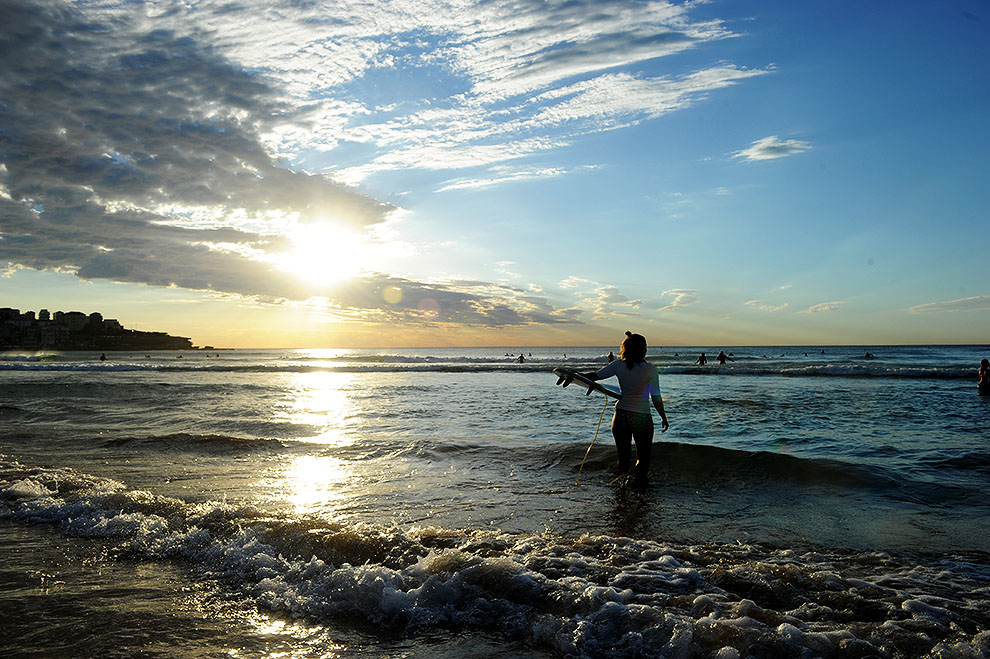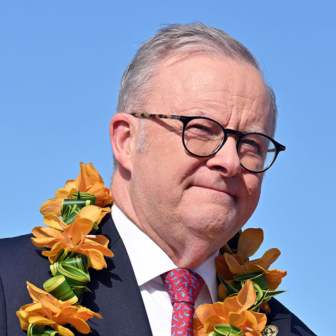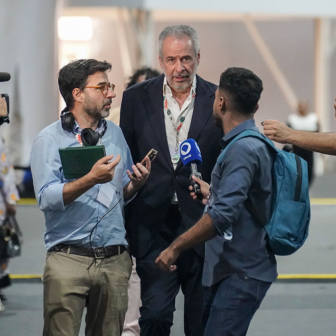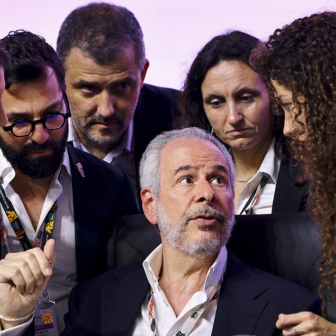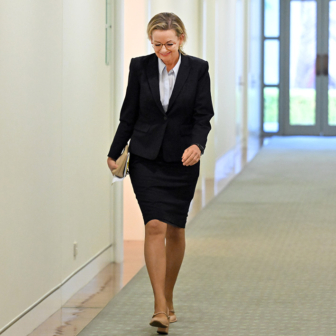This summer was not a good time to be pregnant. New South Wales experienced its hottest summer on record, hotter even than the Angry Summer of 2012–13. From Christmas to mid February, heatwave after heatwave engulfed Australia’s largest city. The outskirts of Sydney broke records by reaching almost 47°C, and many other parts of the state, and of Queensland and northern Victoria, received no reprieve from the heat.
My specialty is heatwaves, so ordinarily I would be captivated by weather like this. I study the weather charts to work out where the mass of hot air has originated, how long it might last, and whether another one will follow. I discuss with my team how natural climate variability and other physical mechanisms might be influencing the weather pattern, and formulate and conduct experiments to determine whether human-induced climate change had a role to play. My phone rings hot as media requests roll in, and in interviews I find myself stressing how heatwaves are becoming longer, hotter and more frequent, with summers like the last one just a taste of what is to come.
As a scientist, I’m trained to be exceptionally careful. The publication process subjects all my findings are subject to critical peer review. Before that, they are discussed extensively with colleagues to ensure the validity of my interpretation and the significance of the results. Along the way are many control checks, which mean that when I say that summers like 2016–17 will become the new normal, I have the evidence to back it up. Feelings don’t figure in the process, only the presentation of the most accurate and scientifically robust results.
Essentially, being a climate scientist takes the human element out of the daunting implications of climate change. But I am also a human being, and a new mother-to-be. So this summer evoked a whole new set of thoughts and feelings about our future, and caught me more off-guard than perhaps they should have.
Then, a few weeks ago, I was approached to talk about my views on climate change by a producer at ABC TV’s Lateline, who knew that I was thirty-two weeks pregnant with my first child. (The interview hasn’t yet gone to air.) At about the same time, a well-respected colleague and friend, Sophie Lewis, bravely shared her grave concerns about the world her unborn daughter will inherit in the Sydney Morning Herald. It seems like a good time to share my own thoughts in more detail.
My most sobering thought was simple. Am I doing the right thing by starting a family? This struck me during a climate conference in Canberra during the last heatwave, while I was listening to a well-known health expert talk about the heat exposure my child will experience each summer when she or he is my age. The supporting climate projections were familiar to me, yet it was disheartening to hear exactly how they will affect the health and wellbeing of my child and his or her peers. These impacts were no longer distant or irrelevant, but very real and ever-present.
I have never assumed that my family would be safeguarded from climate change. But I have always wanted to have children, and nothing had made me reassess that wish. I am the youngest of seven kids and have always seen myself with my own largish brood (though my husband might disagree with me here!). But now I find myself questioning whether, as a parent, it is morally responsible for me to bring life into this world, knowing the health challenges my offspring will face.
During summer, I found myself asking questions I had never asked before. Is it too hot to hang the washing out? Can the dog and I cope with a walk? How on earth am I going to get some sleep when it is still 39°C inside? Keeping our old weatherboard house a habitable temperature was an exceptional challenge, with my husband and I living in the only room with air-conditioning for days on end. (Air-conditioning is always a last resort for us.) Given that summers like these will be the new normal in the next few decades, it follows that challenges like these will also become the new normal.
So how will my children’s daily life be affected by relentless extreme heat? Will I even be able to safely raise my family in a typical Australian house? While these decisions may simply be the norm in the coming decades, I doubt any parent would want this as their children’s future. Of course, I can, and will, encourage my kids to make decisions and adapt their lifestyle so that beating the heat isn’t as much of an issue. But these choices may be easier to imagine than to adopt. The cost of setting up an energy-efficient house, at least in the near future, is more than many people can afford. And it’s troubling to consider a time when we might actively discourage our children from enjoying the great outdoors.
I also can envisage a certain level of frustration on their part as to why my generation, and those before us, let climate change get this bad. Indeed, these conversations are already taking place. I recall similar conversations with my own father after I questioned the roaring rate of economic growth after the second world war and the lack of consideration of the long-term impacts of excessive industry.
At the time, though, that growth was only ever viewed as a positive – they were providing for future generations, making life easier for their descendants. We know better now. We know that industry has polluted the earth and atmosphere, and while we can already measure the effects on global and regional climates, we also know that the worst is yet to come. We know we are not making life easier for our descendants, and they will inherit the world in a worse state than we did. Yet, at best, we do very little to fix the issue, and bury our heads even further in the sand.
As a climate scientist I am continuously frustrated at how the overwhelming scientific evidence is ripped to shreds by the general public and politicians. The Australian government continues to support coal, and the US government now says that the science of climate change is unsound. We listen to our doctors when we are sick, and to our mechanics when our cars break down, yet we do not trust climate scientists.
Many of the issues I have highlighted here could be considered “first world problems.” At least my family will have options for sheltering from the impact of climate change, a luxury that residents of developing countries won’t have. Future generations will have the responsibility of ensuring the wellbeing of those who will be hit hardest by climate change.
These are incredibly real issues facing all kids being born today. If the challenge had been taken more seriously, their future would look a little brighter than it currently does. After all, why should future generations inherit a world they had no hand in destroying? •
